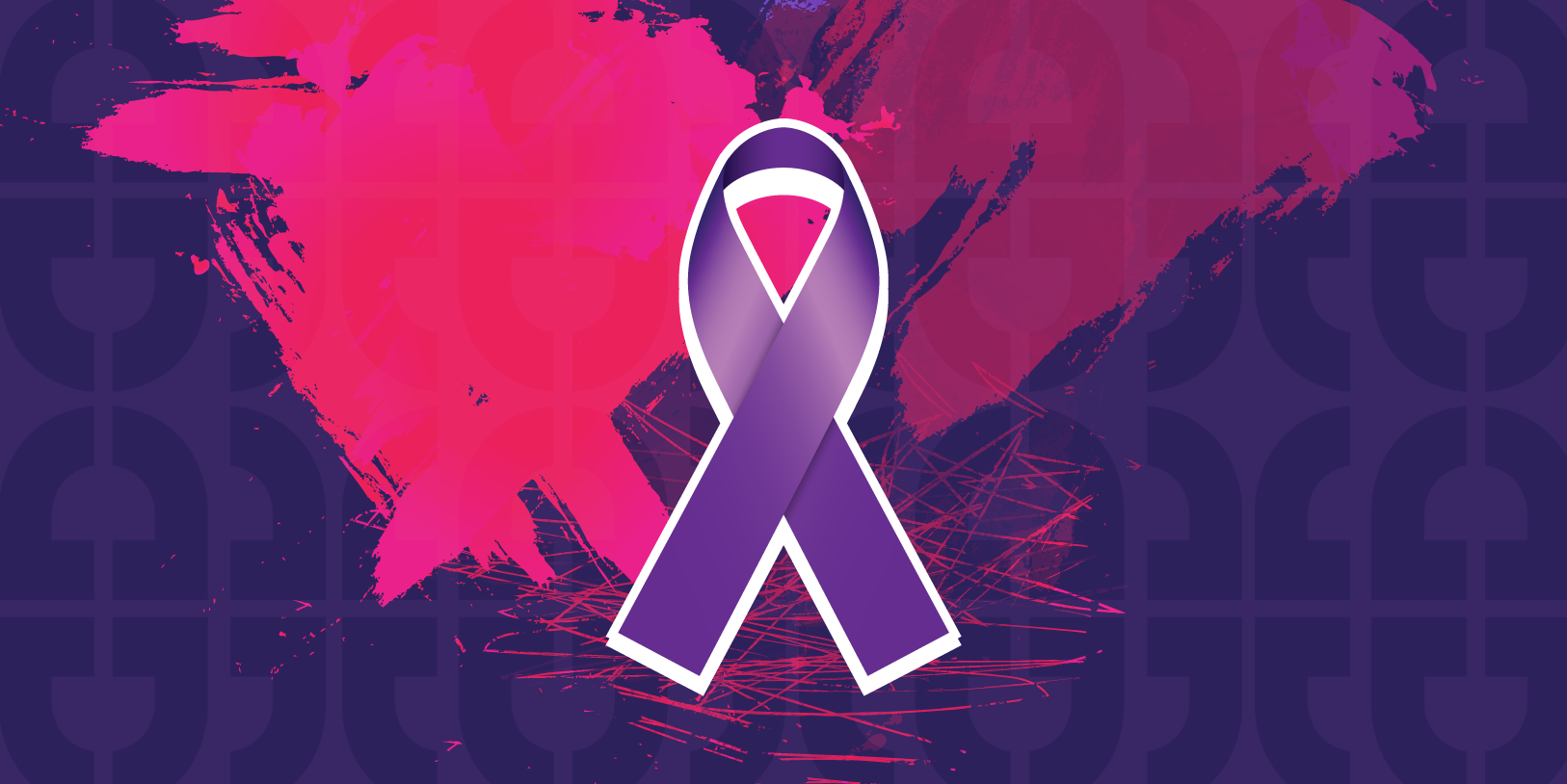Last updated on September 17, 2024
Content warning: This article, or pages it links to, contains information about domestic violence, abusive relationships and stalking, which may be upsetting or triggering for survivors.
October is Domestic Violence Awareness Month. Each year, approximately 10 million people nationwide are victims of domestic abuse.
Dallas College counselor Jaime Torres spoke with Sheyla Camacho, a public health educator from the Victim Intervention Program/Rape Crisis Center at Parkland Health. Parkland Health has been educating people on such topics for several years and would be happy to facilitate a training for students, faculty and staff interested in learning more.
Could you please discuss some of the obstacles that victims of domestic violence encounter when trying to escape a violent relationship?
There is a variety of reasons why someone doesn’t just leave. One of the top reasons is fear: fear for their life, the lives of their loved ones and fear of the unknown. According to the National Domestic Violence Hotline, “leaving is often the most dangerous period of time for survivors of abuse.” The two years immediately following their departure they are at the highest risk of being stalked or killed and survivors know this. Another reason is because they love their abuser. Love is not an emotion we can turn off and on whenever we want. In some instances, they stay because they want to keep the family unit. Or, survivors stay because they are being blackmailed or their partner threatened to harm themselves. It is not simple to leave a domestic violence situation.
What would you like for people to know about why it may take a survivor longer to leave than we would think?
Leaving any relationship is hard. Leaving an abusive relationship may feel impossible. We think about relationships being simple, but we do not live in a perfect world. The solution of leaving a toxic relationship goes beyond leaving the abusive partner. The abuse is about power and control. When the victim is trying to leave, there is the fear of retaliation and a real concern for their safety. It may be harder to leave if there is shame, children, cultural context, a disability, immigration status and so much more. Something important to factor in is safety planning, which is designed to reduce the likelihood of there being any harm done to the survivor. Safety planning takes time and they know when it is time to leave.
What can we do to support someone who recently left a violent relationship?
Don’t bombard the survivor by saying things such as:
- “I told you they were trouble.”
- “Why didn’t you leave sooner?”
- “What were you thinking?”
Believing their story goes a long way. Listening and finding out that a loved one has gone through an abusive relationship is never easy. Don’t forget to also reach out for help. There are some non-profit agencies that provide free support groups for friends and family member that have had a loved one affected by domestic violence.
What questions should we ask ourselves when reading news articles/social media posts about someone leaving an abusive relationship besides asking, “Why didn’t they just leave?”
Knowledge is power. Questions you could ask include: What are the local resources in that area? Have I talked to my friends, siblings and family members about what healthy relationships are? How can I bring more awareness to my community?
Where can someone who is considering escaping a violent relationship get help?
Thankfully, we are fortunate to live in big city where survivors can seek aid. Also understand that this is a pivotal point in a violent relationship so one thing I always recommend when someone is considering leaving/breaking up is to call the National Domestic Violence Hotline 800-799-7233 or text START to 88788 to begin creating a safety plan tailored to you. Safety planning is crucial. Dallas County has multiple agencies that are able to provide assistance from emergency shelter to counseling to case management. Knowing that there is free help can be encouraging. Advocates in the movement to end domestic violence are constantly breaking barriers to make sure victims/survivors can obtain access to help.
For additional resources, please go to DallasCollege.edu/CAASA. The College Alliance Against Sexual Assault (CAASA) is a team of Dallas College employees and community partners that works to educate students, faculty and staff on sexual violence prevention.
If you or a fellow student are a victim of sexual assault, stalking, domestic or dating violence, you can always reach out to Dallas College’s Counseling and Psychological Services (CAPS) team for free, confidential counseling. CAPS offers mental health counseling services to currently enrolled students age 18 or older. Virtual and on-campus counseling sessions are available. To request a counseling session, email Counseling@DallasCollege.edu or call 972-669-6400.
Students that want to report an incident of sexual misconduct at Dallas College may contact a Title IX representative at TitleIX@DallasCollege.edu or call 972-860-3980.
